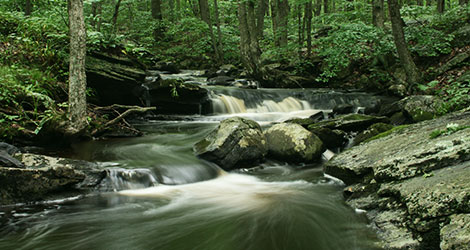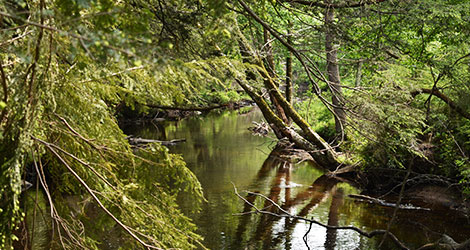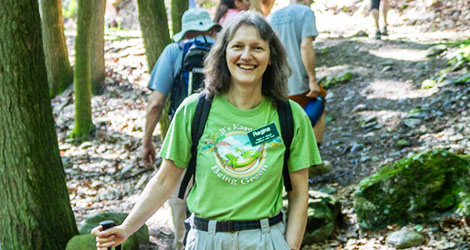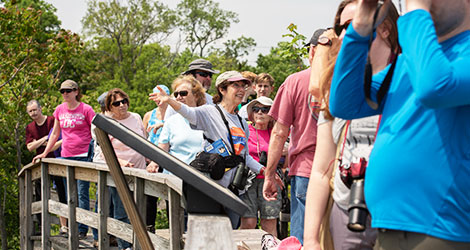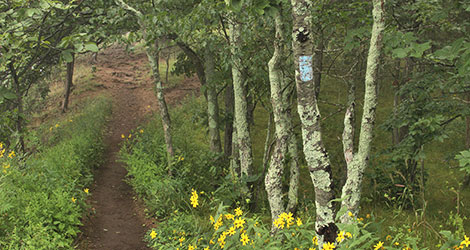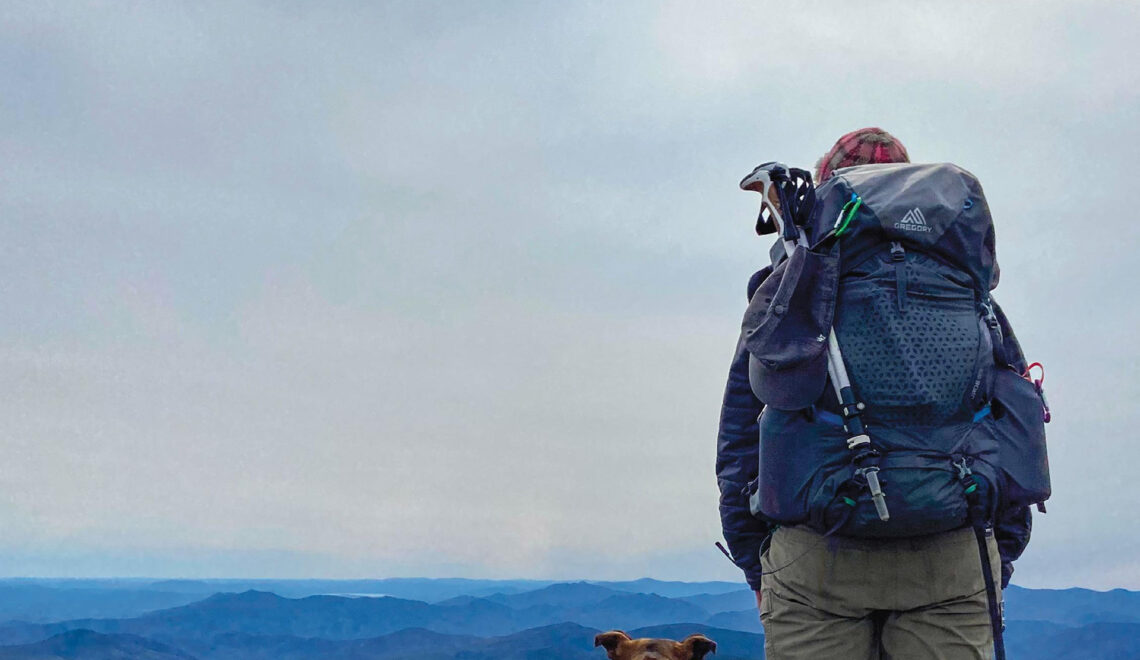
Many Paths Up the Mountain
By Greg Gregory
Like most kids, I grew up hearing messages from the media, my peers, and family about what my body was supposed to look like—where it should be smaller, where it should be bigger, where it should have a different amount of hair—and like most people these messages had an impact on how I felt about myself. Unlike the majority though, I’ve also suffered my whole life from gender dysphoria. Put simply, gender dysphoria is the emotional pain caused by one’s personal concept of their gender not matching their physical sex. Until I started to socially and medically transition when I was 25 years old, I lived with both the discomfort of feeling like I had failed to have the female body that society valued and the deep distress of knowing that I shouldn’t be in a female body at all.
It’s difficult to describe what gender dysphoria feels like to someone who hasn’t experienced it. Seeing my body or hearing my voice made me feel ashamed and disgusted. Sometimes I had awful fantasies of catching an illness that would mean losing the body parts I hated. For many years I never socialized outside school or work, flirted with disordered eating, and had severe depression and anxiety. Tragically, I was not the only one who felt this way. A staggering 40% of transgender people have attempted suicide and 82% have experienced suicidal thoughts. Eventually I realized that for me the only path forward was to transition. Many people don’t get to make this decision. Best practice gender-affirming healthcare is currently banned in 18 states and there are more than 500 anti-trans bills working their way through state legislatures.
I grew up in a very outdoorsy family. We camped, hiked, and bicycled, but we were also lucky to have our own small patch of woods. We were free to explore and play outside where my siblings and I built forts to defend against pirates, dug holes to trap the Easter bunny, and made magic potions out of mapleleaf viburnum berries. The forest was a place of freedom and creativity. When depression hit in my teens, I sought refuge in nature. So after I got my driver’s license I started going to Sleeping Giant and soon bought a copy of the Connecticut Walk Book. The first hike I chose from the book was the Mad River section of the Mattatuck Trail. I’ll always remember the feeling of discovery when I saw the choppy river snaking around enormous moss-covered boulders. I realized there must be unspeakably beautiful places all over Connecticut.
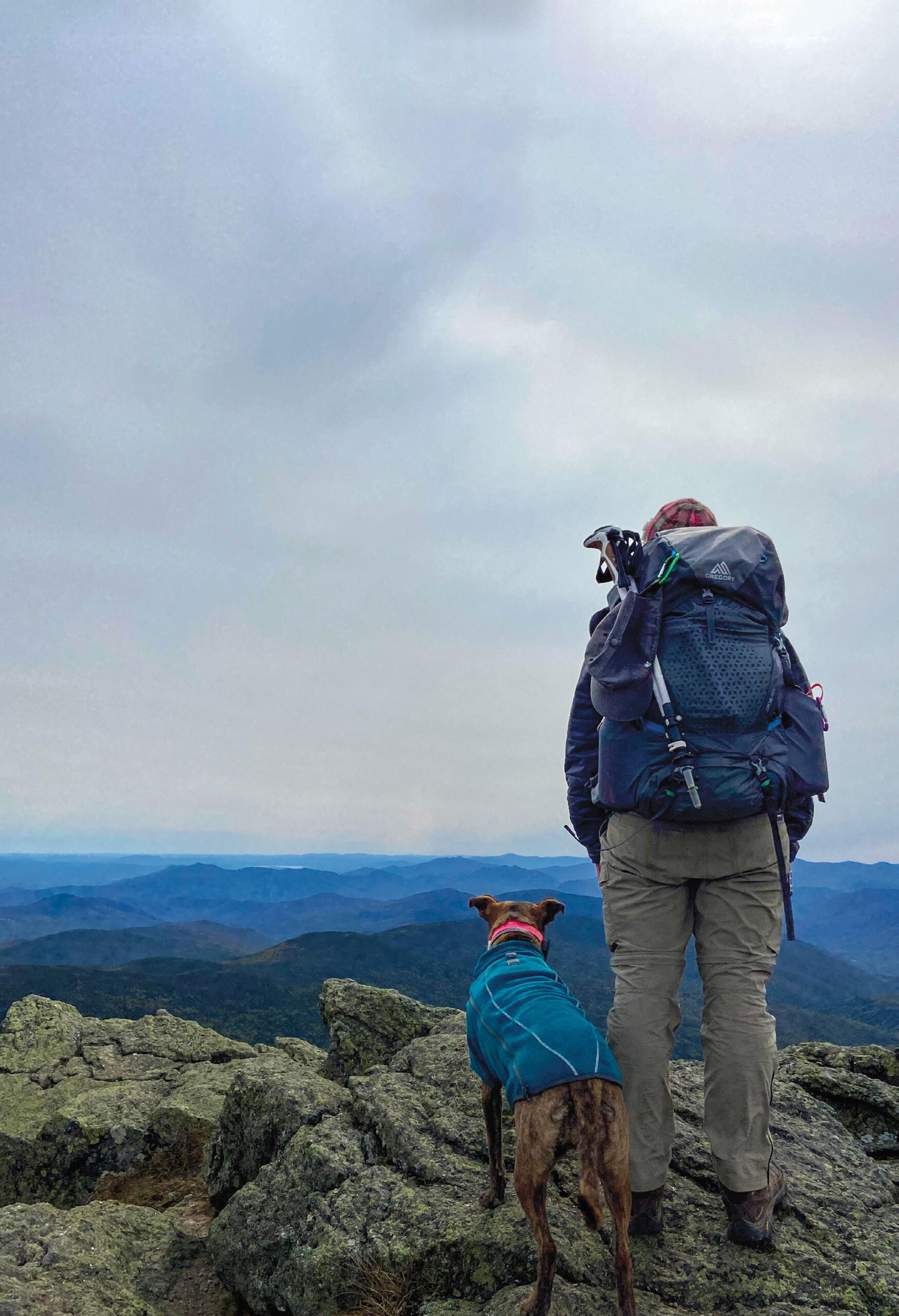
The mental health benefits of time spent in nature are well-documented. According to the American Psychological Association, spending time outdoors improves mood, reduces stress, and increases our empathy and cooperation. I have no doubt that my countless hours on the trail have given me a mental boost, but I can’t credit the mere presence of trees and dirt. As a solo hiker, I could spend hours in the woods and never see another person. There was no reason for me to worry about what my face looked like, how my voice sounded, or if my chest was noticeable. Hiking was a break from the constant weight of dysphoria.
Of course, exercising also changed my body in ways that I loved. My fitness improved and I started to notice muscle definition in my calves when I planted my foot on the truck door to tie my boots. Making it to the top of a steep hill became easier; climbing a complicated scramble became fun. I still didn’t like the way my body looked, but I was so proud of what it could do. As someone who had never enjoyed anything my body had to offer, I felt an immense source of joy.
In some ways, coming out and transitioning brought different problems even though it immediately gave me the new and incredible experience of gender euphoria. Transitioning medically is a gradual process. There was a time period where I felt like I stood out to others in public as immediately identifiable as transgender. Some situations, such as staying in hostels, traveling through rural areas to get to isolated peaks, and leaving my truck—which is covered in pride stickers—at trailheads, made me afraid for my safety. I still prefer to pay for a private room or sleep in my tent rather than share a bunkhouse or lean-to.
Hiking was a break from the constant weight of dysphoria.
When I heard about the Master Naturalist course at the Goodwin State Forest, I was initially hesitant to sign up because I hadn’t changed my legal name yet. If there hadn’t been a clear option on the application to indicate my correct name and pronouns, I may not have attended what ended up being a life-changing experience. I learned lots of ecological facts of course, but the most important thing I learned there was how to be enthusiastic again. We don’t get many opportunities as adults to be curious and excited about the natural world. During one of the more memorable classes on a field trip to a nearby preserve, our teacher would suddenly dash off the trail to show us a bigleaf magnolia tree growing outside its native range or point at the ground to show where he’d once found a pile of clam shells. It had been a long time since I’d seen an adult man be so openly joyful. It’s an energy that I try to bring with me every time I go outside.
In October 2021, I was finally able to have top surgery, or a double mastectomy. Recovering from surgery turned out to be much more painful and emotionally difficult than I’d expected. Rather than resting for the recommended six weeks, I hiked the 110-mile Connecticut section of New England National Scenic Trail, or NET, in a series of out-and-back day hikes at an absolutely glacial pace. The smell of dead leaves and the drive to finish were better medicine than anything the pharmacy had given me. I felt an incredible sense of accomplishment as I walked onto Long Island Sound at sunset on the last day. I took my first selfie without feeling shame, one that I knew I’d be able to look at years down the road. Then, for the first time, I changed my sweaty shirt standing in the parking lot next to my truck, something I’d been looking forward to doing for years.
For the young trans folks reading this essay, I hope you find something you love as much as I love hiking, and that it brings you joy and confidence. There is a future in which you’re a happy, supported trans adult.
If you want to start exploring but don’t know how, check out the Venture Out Project or grab your own copy of the Connecticut Walk Book.
Greg Gregory is a veterinary technician and a Master Naturalist. He has visited every Connecticut state park and forest. His favorite CFPA trail is the Housatonic Range Trail.
If you are experiencing suicidal thoughts or if you just need someone to talk to, trained counselors are available to help 24/7 at thetrevorproject.org.

